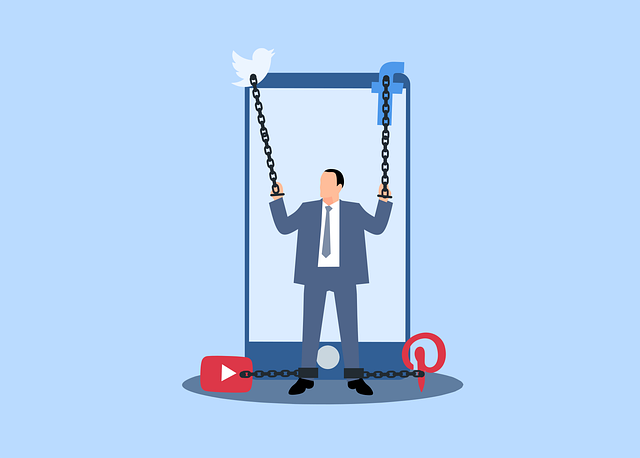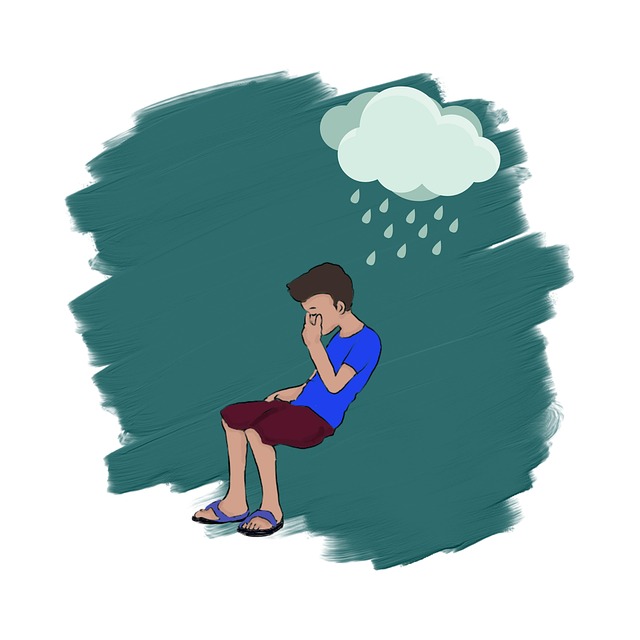Mental health crisis hotlines like Castle Rock Chronic Pain Therapy's are vital resources offering immediate support, handling diverse issues from depression to chronic pain-related distress, and promoting emotional well-being. Trained professionals provide active listening, tailored communication, and coping strategies through evidence-based practices, group support, and journaling guidance. Utilizing these services effectively is crucial for clients' stabilization and informed decisions about their mental wellness, while proper training and regular updates ensure hotline staff can offer holistic crisis intervention and connect individuals to appropriate resources.
“In today’s fast-paced world, mental health crises can strike unexpectedly. This is where dedicated hotline support services play a pivotal role in offering immediate assistance. Our article explores the critical function of these hotlines, with a special focus on how Castle Rock Chronic Pain Therapy contributes to crisis support. We’ll delve into understanding these resources, their access and effectiveness, as well as training available for professionals and supporters. By shedding light on these aspects, we aim to emphasize the significance of mental health hotline services, including the expertise offered by Castle Rock Chronic Pain Therapy.”
- Understanding Mental Health Crisis Hotlines
- The Role of Castle Rock Chronic Pain Therapy in Crisis Support
- Accessing and Utilizing These Services Effectively
- Training and Resources for Supporters and Professionals
Understanding Mental Health Crisis Hotlines

Mental Health Crisis hotlines serve as vital resources for individuals grappling with intense emotional distress or mental health emergencies. These dedicated phone lines provide immediate support and guidance, offering a safe space to express feelings and receive professional assistance. By dialing these numbers, folks can connect with trained volunteers or mental health professionals who are equipped to handle various issues, including depression, anxiety, suicidal ideation, and even chronic pain-related distress, as seen in services like Castle Rock Chronic Pain Therapy.
Effective crisis hotline support involves not just listening but also employing tailored communication strategies and emotional well-being promotion techniques. Trained staff help individuals navigate their feelings, provide coping mechanisms, and offer a confidential space to discuss personal struggles. This immediate access to support can be life-saving, enabling people to stabilize and make informed decisions regarding their mental wellness.
The Role of Castle Rock Chronic Pain Therapy in Crisis Support

Castle Rock Chronic Pain Therapy plays a vital role in crisis support services by addressing the complex interplay between chronic pain and mental health distress. Many individuals facing mental health crises often experience exacerbated symptoms due to underlying chronic pain, creating a vicious cycle that can be challenging to break. The therapy center offers specialized care tailored to these dual challenges. Through evidence-based practices, such as cognitive-behavioral therapy and mindfulness techniques, clients learn coping strategies to manage both their physical pain and the emotional turmoil associated with mental health crises.
In addition to individual therapy sessions, Castle Rock Chronic Pain Therapy provides group support programs designed to foster a sense of community and shared understanding. This collective approach not only enhances self-esteem improvement but also encourages members to leverage each other’s experiences for risk management planning in their mental health professional careers. The center further empowers clients by offering mental wellness journaling exercise guidance, enabling them to track their progress, reflect on their feelings, and cultivate a sense of agency over their mental health journeys.
Accessing and Utilizing These Services Effectively

Accessing and utilizing mental health crisis hotline support services effectively requires a clear understanding of available resources. For individuals grappling with Castle Rock chronic pain therapy, these hotlines offer a vital safety net during times of distress. They are designed to provide immediate, confidential support, connecting callers with trained professionals who can offer guidance, resources, and sometimes, direct intervention.
Whether you’re seeking help for yourself or supporting a client as a healthcare provider, understanding burnout prevention strategies is key. Mental wellness is paramount in the field of mental health care. Therefore, professionals should also prioritize risk management planning to ensure they can continue offering quality services without compromising their own mental health and well-being.
Training and Resources for Supporters and Professionals

Supporters and professionals playing a role in mental health crisis hotline services require comprehensive training to handle diverse situations effectively. This includes learning active listening skills, empathy, and trauma-informed care practices. Organizations like Castle Rock Chronic Pain Therapy often offer specialized training programs tailored for such hotlines, focusing on managing acute emotional distress and providing valuable resources for long-term mental wellness.
These training sessions equip individuals with strategies to foster positive thinking and self-esteem improvement in callers. By understanding the nuances of different mental health conditions, hotline supporters can connect individuals to appropriate resources and support networks, ensuring a holistic approach to crisis intervention. Regular updates on new research and best practices are also vital to maintain the quality of care provided.
Mental health crisis hotline support services, such as those offered by Castle Rock Chronic Pain Therapy, play a vital role in empowering individuals during times of distress. By providing accessible and effective resources, these hotlines offer a lifeline for folks facing mental health crises. Through comprehensive training and ongoing development, professionals like those at Castle Rock ensure that callers receive the best possible care. Understanding how to access and utilize these services effectively is crucial, enabling people to navigate their challenges with support and enhanced resilience.














